Christianity isn't Cruel
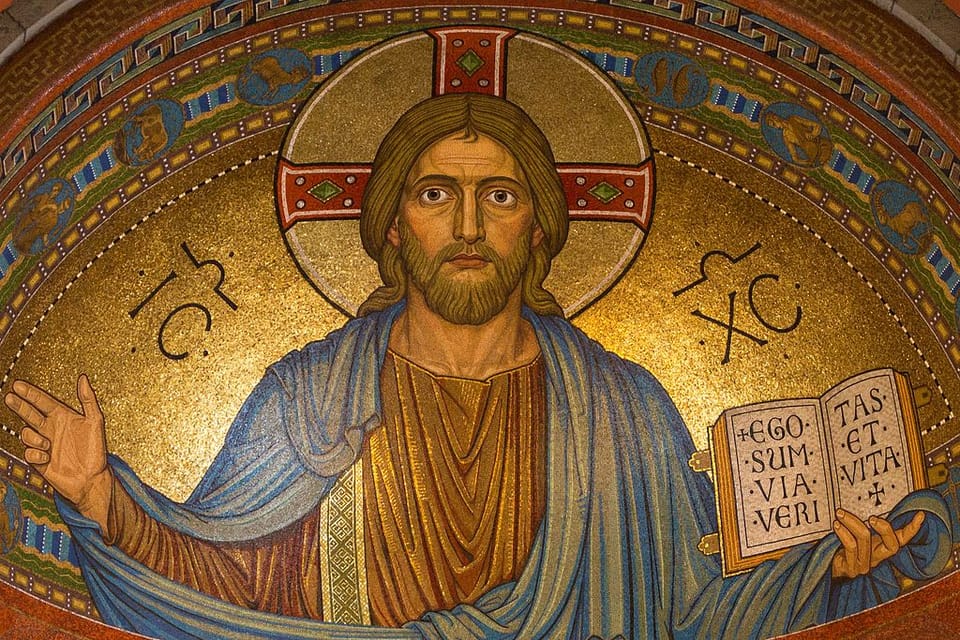
Jesus [said] “My kingdom does not belong to this world. If my kingdom belonged to this world, my followers would be fighting" - John 18:36
"For many will come in my name, saying, ‘I am the Messiah!’ and they will lead many astray." - Matthew 24:5
The last two days have been a long week. Even yesterday, when the federal government's funding for multiple programs was paused by the Office and Management and Budget and then the pause was stayed by a judge... even just yesterday was a long, long week.
I started writing this post when the refugee admissions were cancelled for people whose plans had been previously approved. When people are fleeing for their life, and America has promised to take them in, it is cruel to rescind that promise.
Cruelty is not compatible with Christianity. It seemed like a good idea to make that clear. Unfortunately, since I began writing, there are even more reasons to say so. It seemed important to get some basics about Christianity into the world, combined with some reflections on what to do now.
Everyone, Christian or not, needs to understand: religious and government leaders worked together to kill Jesus. Jesus was crucified at the hands of the authorities. When soldiers came for Jesus, he didn't resist arrest. He told his followers not to fight back. Jesus did not use his power to gain more power; instead, he gave his life for others.
Jesus went to the cross lamenting the violence of humanity, asking God to forgive those who oppressed him, trusting his spirit to God. Then, because he was God, he rose from the dead. (This is my faith. If you don't agree, you can keep reading anyway. Even if this part doesn't make sense, I think the rest will still make sense.)
Jesus' disciples experienced him rising from the dead, so they kept following him. For this, they were persecuted by the same government that had killed Jesus. The people who followed Jesus were a fairly small group without much power. Despite the fact that all they did was talk about Jesus and feed people, the government saw them as a threat.
Governments depend on people accepting their authority. The people who followed Jesus said things like "Jesus is Lord" and "Jesus is God." This kind of talk made Roman authorities nervous – nervous enough to take action.
When governments take action, they do so with state power. The government tried to stamp out Christianity. In one example, they created a process for proving allegiance to the Roman gods. If you couldn't provide a government-issued certificate of sacrificing to the gods, you were at risk. Every disciple of Jesus had to decide how to respond. Disciples of Jesus responded to persecution, in many cases, by refusing to comply.
The traditions of the church teach that Jesus's original followers were all put to death by the government. The stories we receive are that St. Peter was crucified – upside down, because he didn't think he was worthy to die in the same manner as Jesus. St. Paul was beheaded. So was St. James. I could go on, but you get the point. In the early church, to be an active Christian meant to be at risk of dying for your faith at the hands of your government.
But Christians survived on the margins. They gathered regularly to teach, encourage, and nourish one another in the way of Christ. And then, unexpectedly, in the early 300's, Emperor Constantine became a supporter of Christianity. Instead of being persecuted by the state, Christians suddenly became insiders to state power.
This shift must have seemed like a miracle to the disciples of Jesus at the time. I imagine most Christians greeted it with joy. But something is lost when religion is wed to state power. That's why I'm grateful to live in America, which was founded on the principle of separation of church and state. The separation of church and state helps me practice and grow in faith.
The first disciples of Jesus, who knew him personally, expected him to take state power: to form a government. But Jesus very clearly said he didn't expect it, didn't want it, and wasn't about it. What he said instead was, "my kingdom is not of this world." What Jesus taught his disciples was the work of love: loving God first and best, loving your neighbor as yourself, loving one another.
Constantine's conversion happened a very long time ago: over 1700 years in the past. But just as the faith I practice is grounded in the teachings of Jesus Christ, so it is also influenced by the decisions of Emperor Constantine. I inherit a religion shaped by both these people. So do all Christians everywhere. Both Christ and Constantine are in our origin stories. We are still wrestling with what that means.
I appreciate that Constantine gathered the bishops of his day to develop the Nicene Creed. But I don't appreciate that the wedded power of church and state planted the seeds for the Crusades and many more examples of violence in the name of Jesus.
These days, too many people professing Christian faith seem to be leaning more on the power of Constantine than on the power of Christ. It's important for Christians to remember that Christ was God; Constantine was not. We have to critically reflect on how we got here as part of seeing where we go from here.
This week, this day, this moment, I begin again as a disciple of Jesus Christ. I begin again remembering it is God's world and yet it is also an unjust world in which God has provided all people free will. Now, as always, people use their free will to turn against God. The only part of life I can hope to control is myself, and my choices each day. Even that part is a challenge. But every day I begin again.
What am I doing?
I find myself turning to a combination of mindset and action.
First, mindset: I will remember that Christ teaches me to love God first, and to love my neighbor as myself. This means I am to grow in integrity and in compassion. I am to remember that everyone, no matter their political affiliation, is my neighbor. If it seems like my neighbor is my enemy, I am to pray for my enemy. Nobody said discipleship was easy; Jesus said "pick up your cross."
Second, action: I will work to get ready for more uncertainty and chaos in my country. Yesterday's OMB memo stopping the flow of much federal funding was extremely destabilizing. This is by design; the current President has made clear his commitment to massive change. I feel a need to get more ready for living in unprecedented times.
If you want to get ready too, here's what I'm doing and what I would suggest:
Pray, preferably in community. We need to call upon the power of God. We cannot do this relying on human strength alone. Human strength is finite and limited. God's power is infinite and eternal. It helps if we see each other in three dimensions, because each of us is a three-dimensional human. I'm showing up in person with the Episcopal Church and praying the daily office with Forward Movement's podcast.
Read the Bible, preferably in community. We cannot know what Jesus teaches us to do unless we read the words that shaped him and his community (the Hebrew Bible/Old Testament) and the stories about him and the letters written by those who followed him before we did (the Christian Scriptures/New Testament). Read the Bible with people you trust to reflect on it with you with integrity and compassion. Our diocesan staff has a weekly Bible study; many Episcopal churches do too.
Get more oriented to local ministries that serve basic needs. When federal programs change unexpectedly, the most vulnerable are impacted. If federal dollars stop flowing freely in another week, people will still need to eat, and they will still need places to sleep. If federally funded programs don't get paid for, they will pause or end, but the people they serve will still exist. Then, churches will get calls for help from those people. I know this because I've worked for churches for thirty years; I've fielded those calls for help. I need to understand more about what my church is doing to serve human need; maybe you do too.
Get more oriented to the United States government. It was helpful to me to read the original memo from the Office of Management and Budget, and hear directly from congressional representatives about their thoughts on it. The internet provides us a lot of learning opportunities about how government works, from the people that are working in government. Our government was founded to be the work of its people. We are its people.
Ultimately, I have one life to live - a finite set of breaths to take. My hope for eternity is to dwell in Christ's love; my goal for this lifetime is to be an effective witness to the love of Christ for all creation.
Today, like every day, is a chance to practice. So, I begin again.
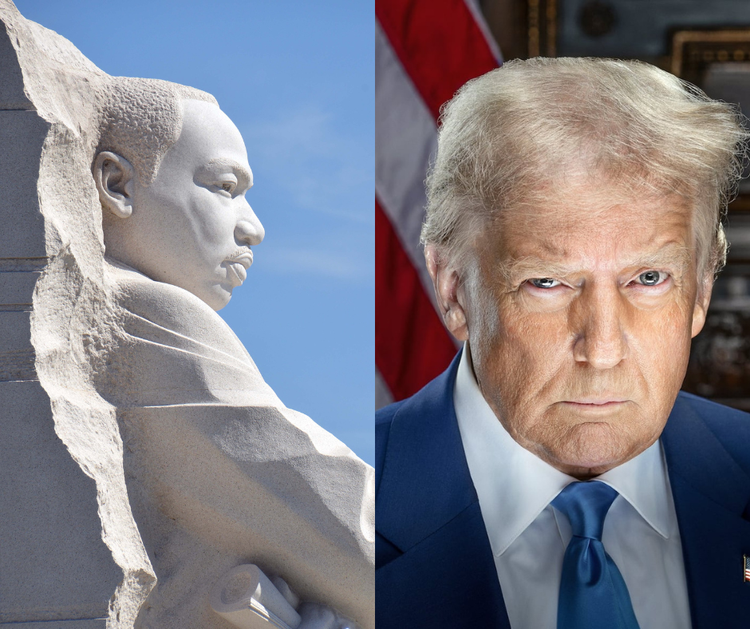
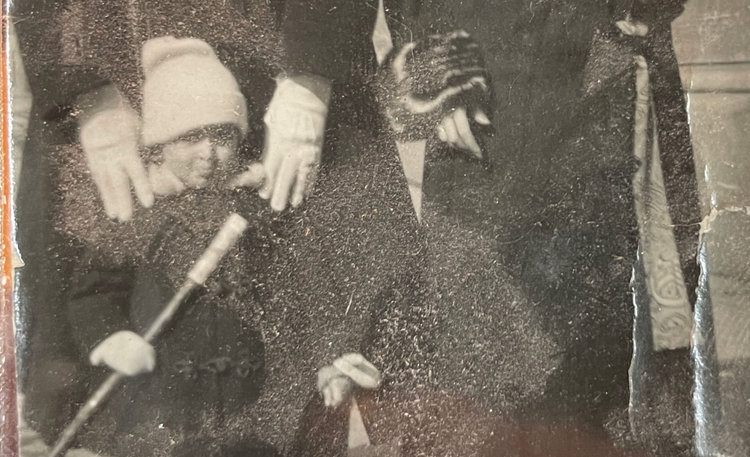
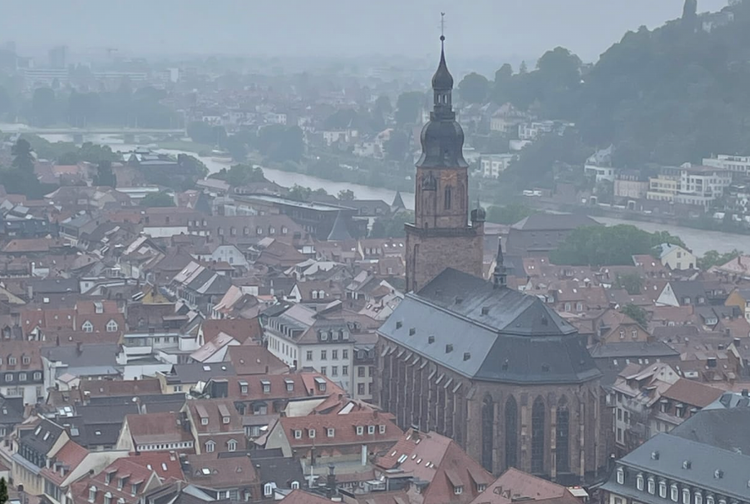
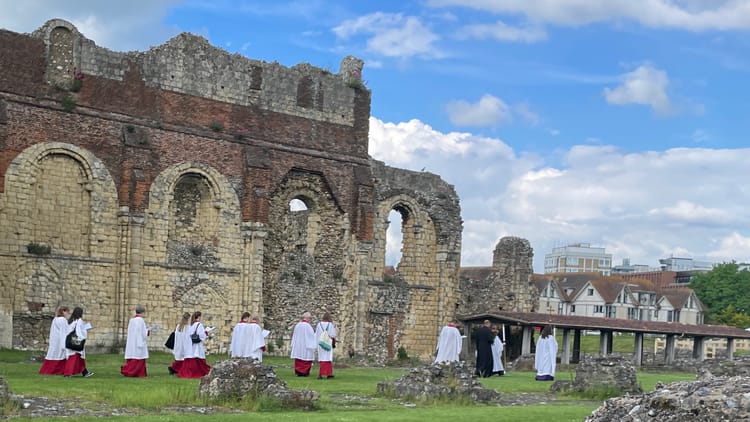

Member discussion